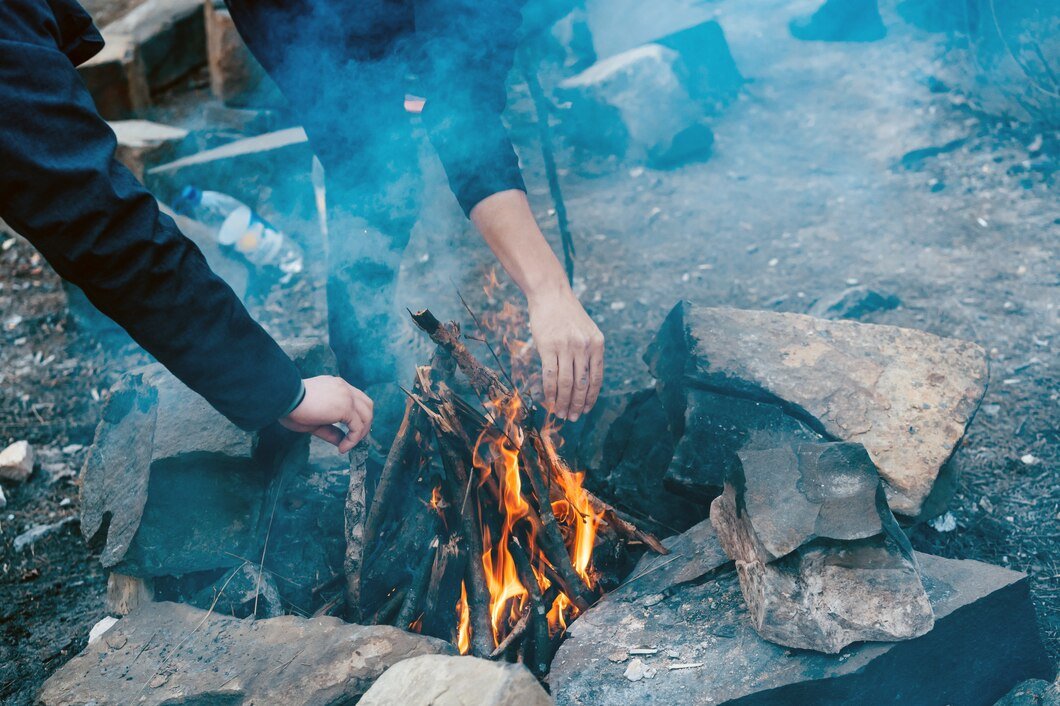Table of Contents
Introduction
The term “Bluefire Wilderness Abuse” has been gaining traction recently, often linked to serious allegations of mistreatment and misconduct in wilderness therapy programs. As a therapeutic model designed to provide healing and personal growth, wilderness therapy programs like Bluefire Wilderness Therapy have gained popularity for their unique approach to helping troubled teens and young adults. However, rising concerns and reports of abuse have cast a shadow on their reputation, sparking debates around the safety and ethical standards of such institutions. This article delves into these allegations, the nature of wilderness therapy, and the steps needed to ensure the safety and well-being of participants.
What is Bluefire Wilderness Therapy?
Bluefire Wilderness Therapy, based in Idaho,many wilderness therapy programs aimed at helping struggling adolescents and young adults. It offers a structured environment where participants engage in outdoor activities such as hiking, camping, and group therapy sessions. The program claims to focus on personal growth, emotional healing, and skill-building through a combination of adventure therapy, clinical therapy, and family support.
Allegations of Abuse and Controversy
The term “Bluefire Wilderness Abuse” stems from complaints and accusations brought forward by former participants and their families. These claims range from verbal and emotional mistreatment to physical neglect and inappropriate handling of participants’ mental health needs. Specific allegations reported include:
- Overly Harsh Treatment: Several former participants have reported being subjected extreme physical exertion without proper regard their physical mental condition. Long hikes with minimal breaks, inadequate hydration, and insufficient food are some of the complaints that have surfaced.
- Emotional Manipulation and Isolation: Critics argue that some staff members employed tactics that bordered on psychological abuse, such as humiliation, isolation from peers, and undue punishment for minor infractions. This is particularly concerning given that many participants already suffer from fragile emotional states.
- Inadequate Medical Attention: There claims participants were given timely access medical professionals displaying signs physical psychological distress. Some former participants allege that injuries illnesses were either downplayed outright ignored staff members.
- Lack of Proper Licensing and Oversight: One of the significant criticisms directed at Bluefire and other wilderness therapy programs is the perceived lack of oversight and regulation. In some cases, staff members may not have the proper credentials or training to deal with severe psychological issues, which can exacerbate participants’ conditions.
The Role of Wilderness Therapy in Mental Health Treatment
Wilderness therapy is a relatively new model of mental health treatment that blends traditional therapy techniques with outdoor adventures. It is based on the premise that removing individuals from their everyday environment and immersing them in nature can help reset their mental state and promote emotional healing. The combination structured activities, group dynamics counseling meant help participants build coping skills, develop self-esteem, and gain new perspectives.
However, despite its potential benefits, wilderness therapy is not without risks. Due remote settings and physical demands these programs, safety ethical considerations must rigorously maintained. When implemented correctly, wilderness therapy can be a powerful intervention for at-risk teens, but if mismanaged, it can lead to traumatic experiences that counteract any therapeutic value.
Addressing Allegations: How Bluefire Responds
Bluefire Wilderness Therapy, like many similar programs, has faced backlash due to these abuse allegations. In response, the program has stated its commitment to the safety and well-being of its participants, emphasizing the importance of their staff training and therapeutic practices. They argue that many of the allegations are either misunderstandings or mischaracterizations of the therapeutic interventions used.
What Parents Should Consider Before Choosing Wilderness Therapy
If you’re a parent considering Bluefire Wilderness Therapy or any other similar program for your child, it’s crucial to conduct thorough research. Here are some key points to consider:
- Investigate the Program’s Licensing and Accreditation program licensed appropriate state authorities and accredited by reputable organizations like the Outdoor Behavioral Healthcare Council (OBH) or the Association for Experiential Education (AEE).
- Review Staff Credentials: Ensure that therapists and staff members have proper credentials, training, and experience in working with adolescents and young adults with mental health issues.
- Read Participant Reviews: While reviews can sometimes be polarizeds often provide insight into the day-to-day experiences participants. Pay attention to recurring themes in reviews and speak directly with former clients if possible.
- Evaluate the Program’s Approach to Safety: Ask detailed questions about the program’s policies regarding medical care, emergency procedures, and how they handle physical and emotional distress among participants.
- Seek Third-Party Opinions: Consult with independent mental health professionals before making a decision. They can help you weigh the potential benefits and risks of wilderness therapy for your child’s specific needs.
Ensuring Accountability and Reform in Wilderness Therapy
The controversy surrounding Bluefire Wilderness and similar programs sparked broader discussions need for reform regulation wilderness therapy industry. Advocacy groups like Breaking Code Silence National Youth Rights Association pushing stricter oversight transparent reporting better support participants families.
Proposed changes include:
- Stricter Licensing Requirements: Implementing uniform standards across all states for licensing and monitoring wilderness therapy programs.
- Improved Staff Training: Requiring staff to undergo rigorous training in trauma-informed care, emergency medical procedures, and adolescent psychology.
- Clearer Reporting Mechanisms: Establishing independent bodies where participants can report abuse or mistreatment without fear of retaliation.
- Routine Audits and Inspections: Conducting unannounced inspections and regular audits to ensure compliance with safety and ethical standards.
Conclusion
The keyword “Bluefire Wilderness Abuse” encapsulates a serious concern that requires attention from parents, regulators, and mental health professionals alike. While wilderness therapy transformative for some, solution, and the potential for harm is programs are not managed responsibly. By fostering greater transparency, stricter regulations, dialogue ensure that programs like Bluefire Wilderness Therapy offer supportive environments vulnerable individuals
Parents and guardians must approach these decisions with caution, armed with right information guided well-being their child above


